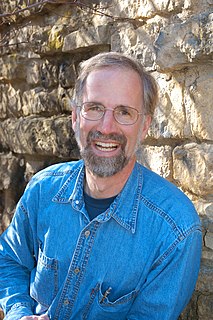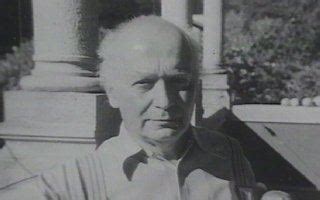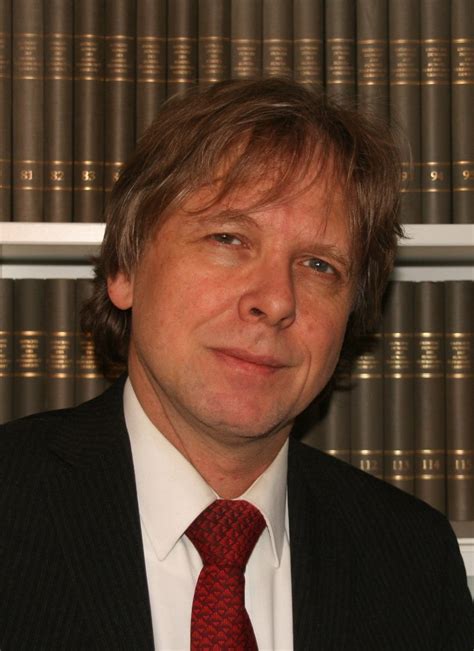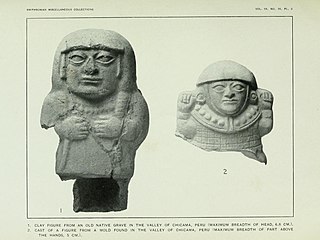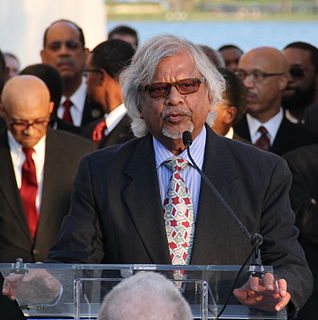A Quote by Michael Crichton
The romantic view of the natural world as a blissful Eden is only held by people who have no actual experience of nature. People who live in nature are not romantic about it at all. They may hold spiritual beliefs about the world around them, they may have a sense of the unity of nature or the aliveness of all things, but they still kill the animals and uproot the plants in order to eat, to live. If they don't, they will die.
Related Quotes
True observers of nature, although they may think differently, will still agree that everything that is, everything that is observable as a phenomenon, can only exhibit itself in one of two ways. It is either a primal polarity that is able to unify, or it is a primal unity that is able to divide. The operation of nature consists of splitting the united or uniting the divided; this is the eternal movement of systole and diastole of the heartbeat, the inhalation and exhalation of the world in which we live, act, and exist.
At a time when threats to the physical environment have never been greater, it may be tempting to believe that people need to be mounting the barricades rather than asking abstract questions about the human place in nature. Yet without confronting such questions, it will be hard to know which barricades to mount, and harder still to persuade large numbers of people to mount them with us. To protect the nature that is all around us, we must think long and hard about the nature we carry inside our heads.
Many things that human words have upset are set at rest again by the
silence of animals. Animals move through the world like a caravan of
silence. A whole world, that of nature and that of animals, is filled
with silence. Nature and animals seem like protuberances of silence.
The silence of animals and the silence of nature would not be so great
and noble if it were merely a failure of language to materialize.
Silence has been entrusted to the animals and to nature as something
created for its own sake.
We are social animals. We like to feel a part of something of beauty and power that transcends our insignificance. It can be a religion, a political party, a ball club. Why not also Nature? I feel a strong identity with the world of living things. I was born into it; we all were. But we may not feel the ties unless we gain intimacy by seeing, feeling, smelling, touching and studying the natural world. Trying to live in harmony with the dictates of nature is probably as inspirational as living in harmony with the Koran or the Bible. Perhaps it is also a timely undertaking.
Nature is seen by humans through a screen of beliefs, knowledge, and purposes, and it is in terms of their images of nature, rather than of the actual structure of nature, that they act. Yet, it is upon nature itself that they do act, and it is nature itself that acts upon them, nurturing or destroying them.
Never follow anybody else`s idea - that is very dangerous because you will become imitative. Always follow your own nature, self-nature; only then will you attain to freedom. It is better to die following one`s nature than to live following somebody`s else`s nature, because that will be a pseudo life. To die following one`s nature is beautiful, because that death too will be authentic.
Naturalism is the view that the physical world is a self-contained system that works by blind, unbroken natural laws. Naturalism doesn't come right out and say there's nothing beyond nature. Rather, it says that nothing beyond nature could have any conceivable relevance to what happens in nature. Naturalism's answer to theism is not atheism but benign neglect. People are welcome to believe in God, though not a God who makes a difference in the natural order.
Nature consists of facts and of regularities, and is in itself neither moral nor immoral. It is we who impose our standards upon nature, and who in this way introduce morals into the natural world, in spite the fact that we are part of this world. We are products of nature, but nature has made us together with our power of altering the world, of foreseeing and of planning for the future, and of making far-reaching decisions for which we are morally responsible. Yet, responsibility, decisions, enter the world of nature only with us
So many people around the world have used nonviolence as a way to resolve a conflict that they faced in their lives. And they continue to use it everywhere all over the world there. And I think, in a way, nonviolence is our nature. Violence is not really our nature. If violence was our nature, we wouldn't need military academies and martial arts institutes to teach us how to kill and destroy people. We ought to have been born with those instincts. But the fact that we have to learn the art of killing means that it's a learned experience. And we can always unlearn it.
A wealth of knowledge is openly accessible in nature. Our ancestors knew this and embraced the natural cures found in the bosoms of the earth. Their classroom was nature. They studied the lessons to be learned from animals, knowing that much of human behavior can be explained by watching the wild beasts around us. Animals are constantly teaching us things about ourselves and the way of the universe, but most people are too blind to watch and listen.
We need to revisit how the Prophet dealt with water, animals, in how he talked about slaughtering, caring for plants and so forth. Respect towards nature is a part of Islam. This is essential but Muslims are not aware. The whole world is talking about global warming and respecting nature but Muslims are not doing enough of that.




